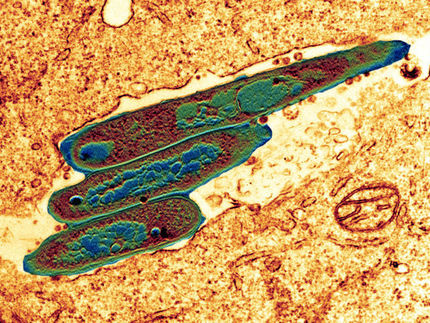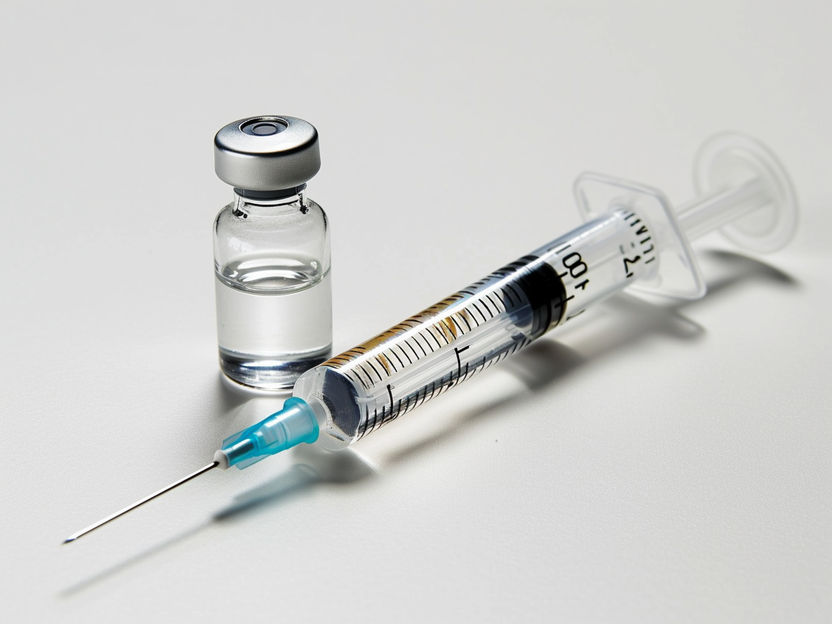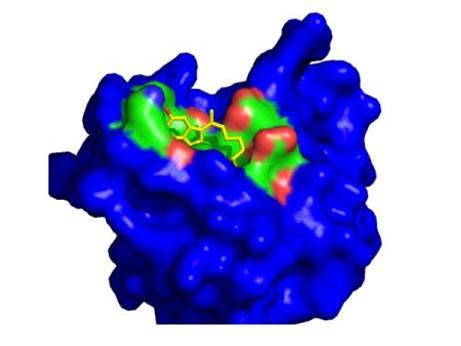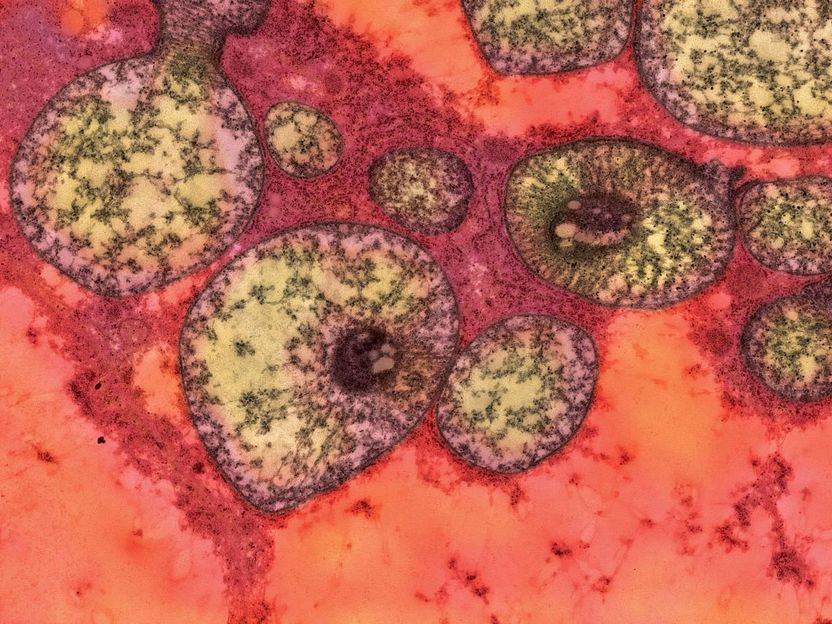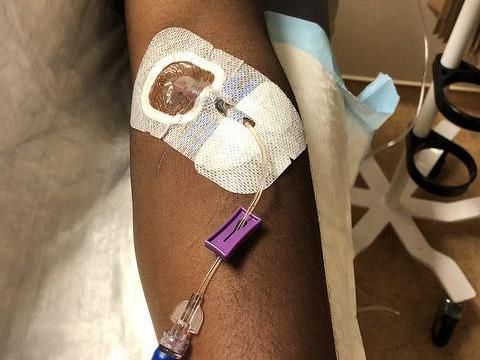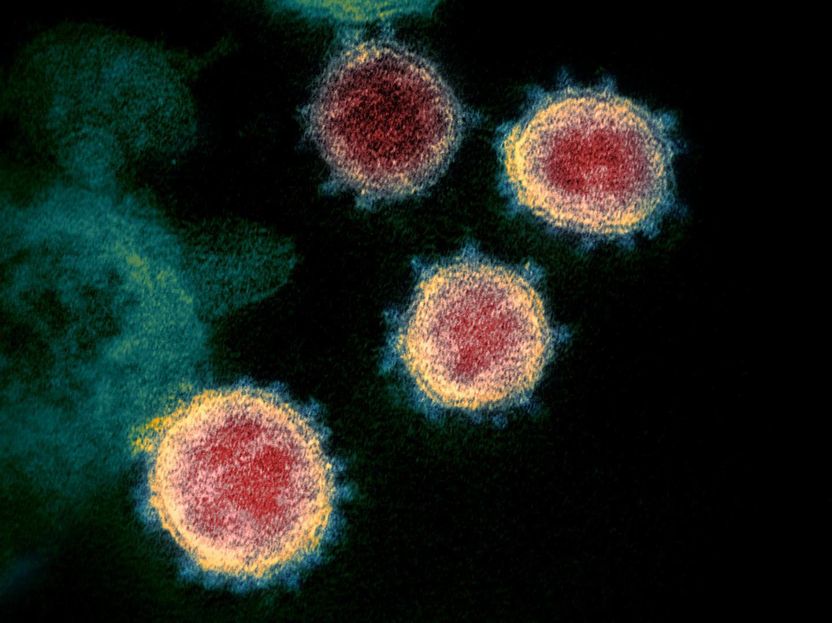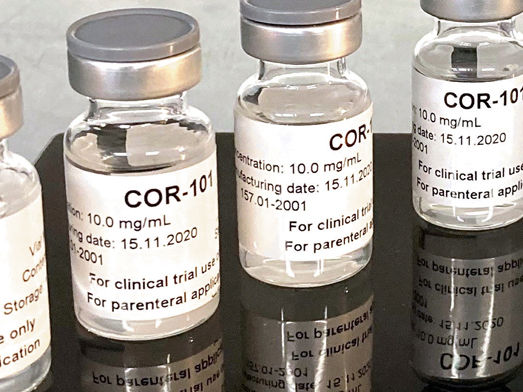CureVac and MD Anderson enter strategic collaboration to develop novel cancer vaccines
Collaboration aims to develop novel, off-the-shelf, mRNA-based cancer vaccines in selected hematological and solid cancers with high unmet medical need
Advertisement
CureVac N.V. and The University of Texas MD Anderson cancer Center announced a co-development and licensing agreement to develop novel mRNA-based cancer vaccines.
The collaboration creates strong synergies between CureVac’s unique end-to-end capabilities for cancer antigen discovery, mRNA design, and manufacturing and MD Anderson’s expertise in cancer antigen discovery and validation, translational drug development, and clinical research. The collaboration will focus on the development of differentiated cancer vaccine candidates in selected hematological and solid tumor indications with high unmet medical need.
“We look forward to collaborating with the team at MD Anderson to push the boundaries of mRNA technology and develop impactful therapeutic options for patients in need,” said Dr. Alexander Zehnder, Chief Executive Officer of CureVac. “In combining our respective expertise, we believe we can go further and faster to develop novel, off-the-shelf, mRNA-based cancer vaccines that have the potential to significantly improve patient outcomes.”
Both parties will contribute to the identification of differentiated cancer antigens based on whole genome sequencing, combined with long- and short-read RNA sequencing and cutting-edge bioinformatics. Joint preclinical validation of the highest-quality cancer antigens will be supported by Sachet Shukla, Ph.D., Assistant Professor of Hematopoietic Biology & Malignancy and director of the department’s cancer vaccine program, and by MD Anderson’s ECLIPSE (Evolution of Cancer, Leukemia, and Immunity Post Stem cEll transplant) platform, part of the institution’s Therapeutics Discovery division.
“We are excited for cancer vaccines to potentially emerge as an essential therapeutic tool in the future,” Shukla said. “This collaboration with CureVac is an important milestone in our efforts and brings together complementary strengths toward our goal of developing transformative vaccines for cancer.”
Following selection of the most promising validated vaccine candidates and completion of Investigational New Drug (IND) approvals, MD Anderson will be responsible for conducting initial Phase 1/2 studies in appropriate clinical indications.
“Our ECLIPSE team uses proprietary high-throughput technology to identify and validate immune targets, and we are driven to advance impactful immunotherapies with the potential to transform the lives of patients with cancer,” said Jeffrey Molldrem, M.D., chair of Hematopoietic Biology and Malignancy and leader of the ECLIPSE platform at MD Anderson. “Together with CureVac, we hope to embrace this exciting area of drug discovery and development in pursuit of mRNA vaccines that will address significant unmet medical need.”
Under the terms of the collaboration agreement, CureVac and MD Anderson will jointly contribute to and support development of those programs designated to move forward. CureVac has worldwide exclusive rights to late-stage development, commercialization, or partnering of the cancer vaccine candidates. MD Anderson is eligible for certain downstream payments based on potential future commercialization.




